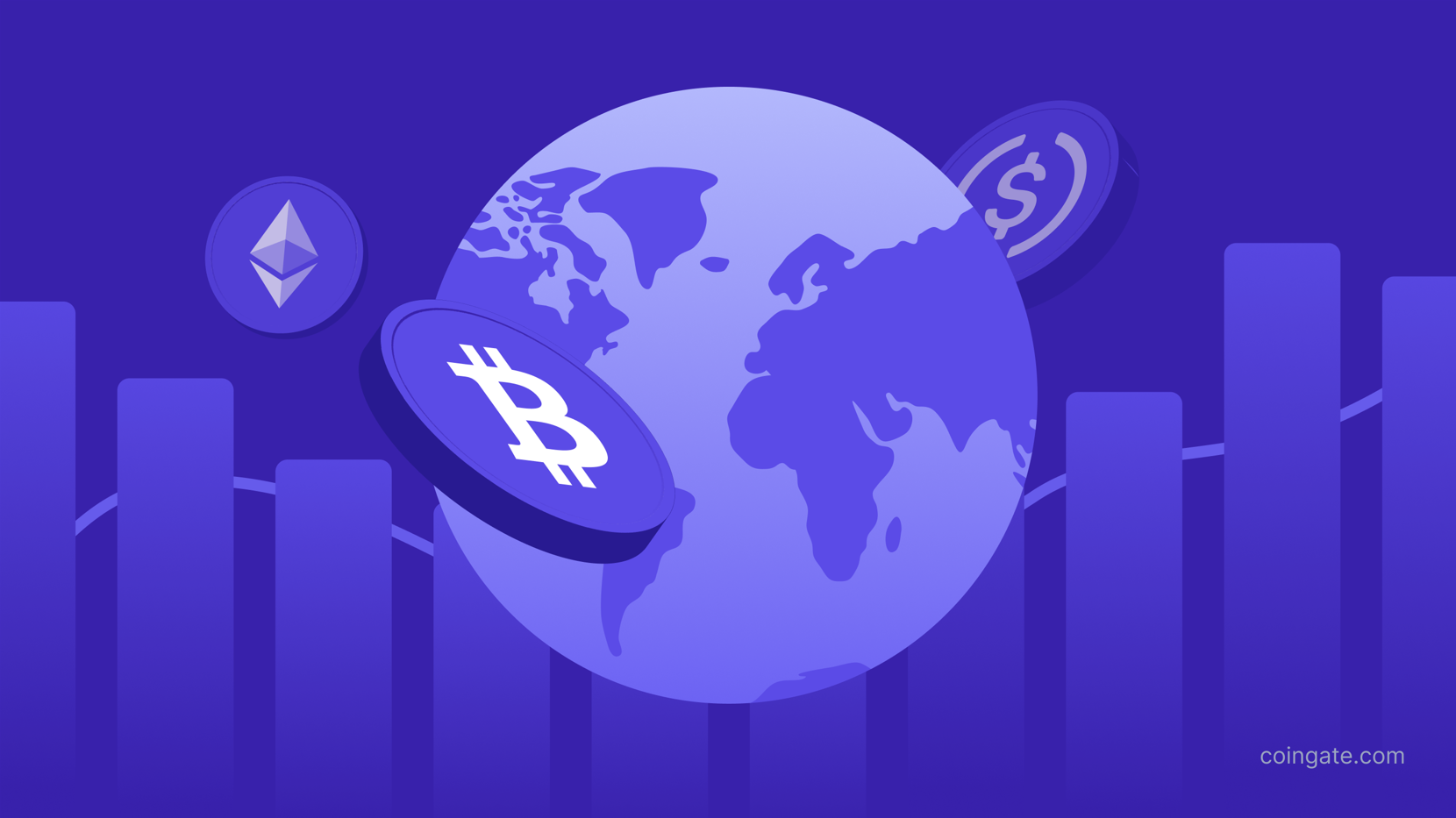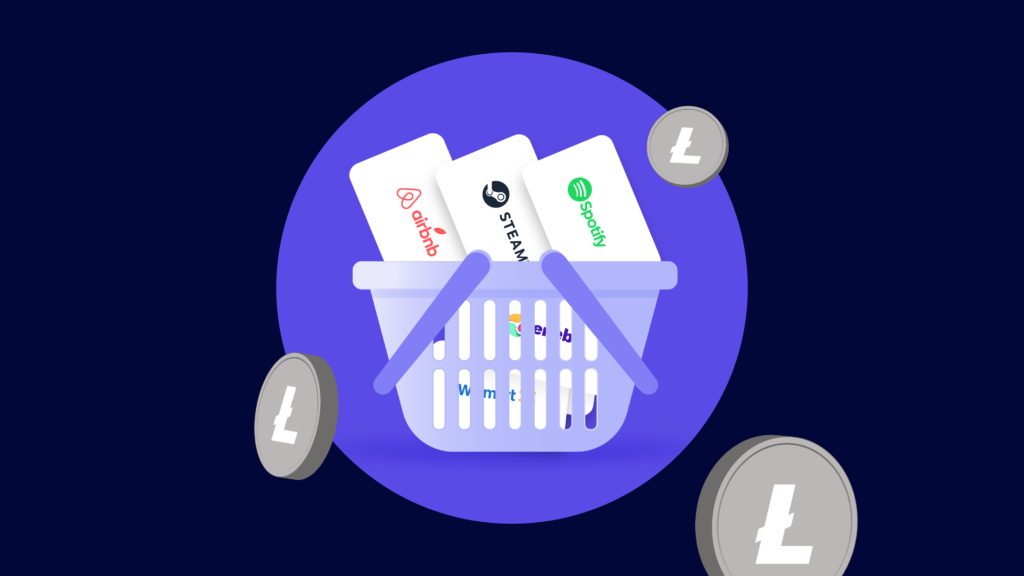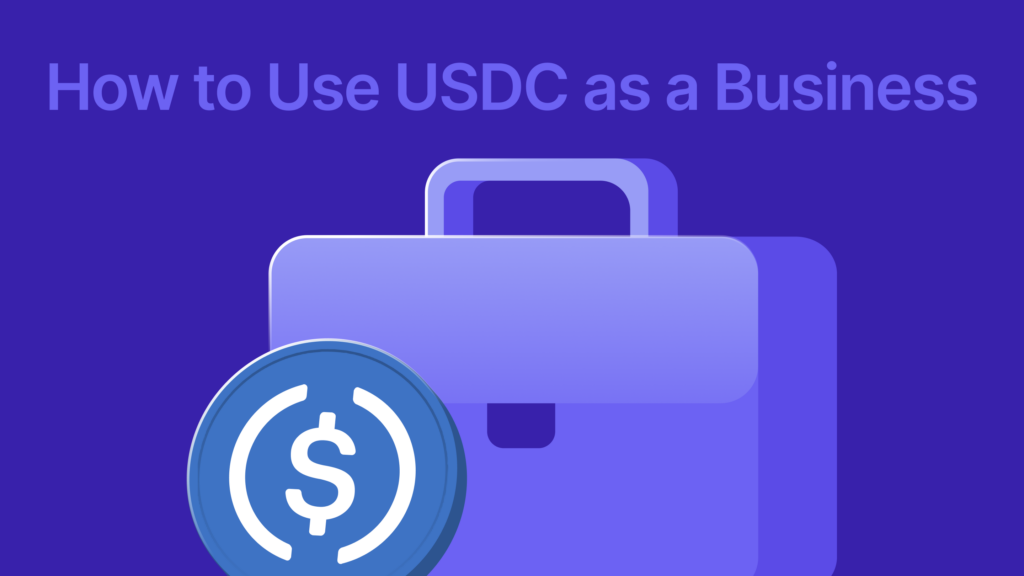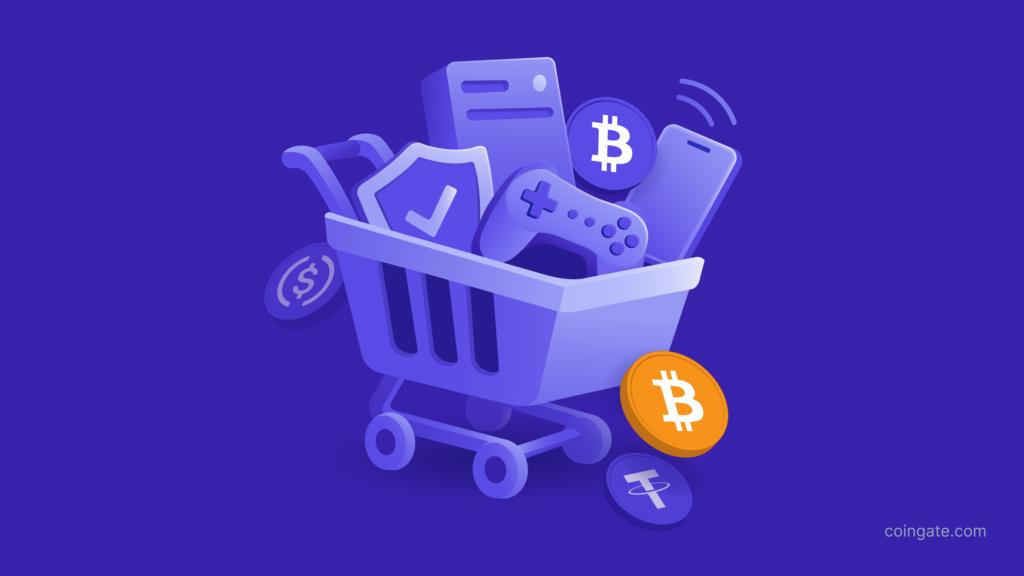
Accept crypto with CoinGate
Accept crypto with confidence using everything you need in one platform.
Top Cryptocurrencies Every Business Should Accept in 2025

The question for businesses in 2025 is no longer whether to accept crypto payments — it’s which cryptocurrencies matter most. With thousands of tokens in circulation, only a few have the reach, trust, and utility to consistently drive sales.
At CoinGate, we see payment data every day across industries like VPNs, hosting, e-commerce, SaaS, and beyond.
The trend is clear: businesses that support the right mix of cryptocurrencies gain more customers, reduce checkout friction, and improve conversion rates.
So, which coins make the cut? Based on global demand, network efficiency, and our own data, these are the top cryptocurrencies every business should accept in 2025:
- Bitcoin (BTC) – the original and still the most recognized worldwide.
- Litecoin (LTC) – the fast, low-cost everyday coin.
- Ethereum (ETH) – especially on Layer 2 networks for speed and savings.
- USD Coin (USDC) – the stablecoin standard, available on many networks.
- TRON (TRX) – huge in stablecoin flows and fee-sensitive markets.
- BNB (BNB Chain) – a favorite for fast, low-fee transactions with wide retail use.
Let’s break them down, one by one.
Feel ready to introduce crypto into your business? Start with CoinGate.
1) Bitcoin (BTC) – The Universal Standard
Bitcoin is still the face of cryptocurrency. For many customers, it’s the first (and sometimes only) coin they hold. That makes it an essential option for any business checkout.
Why accept it:
- Ubiquity: Bitcoin is the most recognized and widely owned digital asset. Customers around the world know and trust it.
- High-value payments: Many shoppers use BTC for larger purchases, especially when buying cross-border.
- Liquidity: Every exchange, wallet, and payment app supports Bitcoin, ensuring easy conversions to fiat or other assets.
Bitcoin is the go-to for global transactions, high-value orders, and industries where brand trust matters.
BTC consistently ranks as one of the top two payment methods on our platform, year after year. In the first half of 2025, Bitcoin accounts for 23.3% of all merchant orders at CoinGate, according to our H1 2025 data report.
Even as stablecoins and altcoins grow, Bitcoin remains the entry point for crypto-paying customers worldwide. See what kind of companies accept BTC payments.
2) Litecoin (LTC) – The Everyday Payment Coin
Litecoin often gets called the “silver to Bitcoin’s gold” — and that’s accurate in the payments world. It’s fast, affordable, and reliable.

Why accept it:
- Low fees: Litecoin’s transaction fees are consistently among the lowest in the industry — often just fractions of a cent.
- Speed: With block times of around 2.5 minutes, confirmations come much faster than Bitcoin.
- Global reach: Like Bitcoin, Litecoin is listed on nearly every major exchange and supported by most wallets.
LTC is particularly strong in digital-first industries like VPNs, hosting, gaming, and proxies, where customers value low costs and fast service activations. It’s a natural choice for everyday, small-to-mid ticket payments.
On our platform, Litecoin is a core option. In 2025 YTD, LTC accounted for nearly 14% of all merchant payments, securing its spot as a top-3 cryptocurrency by usage.
3) Ethereum (ETH) – The Web3 Gateway (on Layer 2s)
Ethereum is more than a currency — it’s the backbone of Web3. From DeFi and NFTs to gaming and dApps, it’s the network where innovation happens. But on its own, Ethereum has struggled with high gas fees. That’s why Layer 2 networks have become essential.
Why accept it:
- Mass adoption: Ethereum is the second most recognized crypto after Bitcoin, with a massive user base across Web3 communities.
- Layer 2 scalability: Networks like Arbitrum, Base, Optimism, Polygon, and others make ETH payments cheap and fast.
- Developer ecosystem: Countless apps and integrations mean ETH is often the default choice for crypto-native customers.
ETH is strongest in industries tied to digital innovation — gaming, SaaS, creative tools, and platforms with Web3-savvy customers. If your audience already uses crypto wallets, they likely hold ETH.
We see steady growth in ETH transactions routed through Layer 2s, as more customers choose lower fees and instant confirmations. For merchants, supporting ETH on L2 networks unlocks this demand while avoiding the friction of high mainnet gas costs.
4) USD Coin (USDC) – The Stablecoin Standard
Volatility is one of the biggest blockers for crypto adoption — and stablecoins like USDC solve that. Pegged 1:1 to the US dollar and widely trusted, USDC has become the most business-friendly cryptocurrency on the market.

Why accept it:
- Price stability: Customers pay in crypto without worrying about swings in value. Businesses get clean, predictable amounts.
- Regulated & trusted: Issued by Circle, USDC is seen as the most compliant and transparent stablecoin.
- Multi-network availability: USDC runs natively on 20+ networks, including Ethereum, Base, Arbitrum, Solana, and many more. This versatility keeps fees low and transactions fast.
Subscriptions, B2B invoices, recurring payments, and regions with volatile local currencies is where USDC shines. USDC is especially useful for accounting teams who need predictability in reporting and reconciliation.
Stablecoins are the fastest-growing category in our ecosystem. In 2025 YTD, they account for over one-third of all merchant payments. On the payout side, the majority of partner and affiliate remittances now happen in stablecoins — with USDC leading the way with a 68% payout share in H1 2025.
5) TRON (TRX) – High-Throughput, Low-Fee Payments
TRON is often overlooked in Western markets, but it’s one of the most active blockchain networks globally. Its native token, TRX, offers fast, inexpensive transactions that make it highly attractive for businesses targeting fee-sensitive customers.
Why accept it:
- Low fees: TRON’s architecture allows for consistently low-cost transactions, even at scale.
- High throughput: The network is built for speed, handling thousands of transactions per second.
- Global popularity: TRON maintains strong adoption in Asia, Latin America, and other fast-growing regions.
TRX is especially appealing in regions where customers expect cheap, quick payments and may not want to use more expensive networks like Ethereum mainnet. It’s also well-suited for microtransactions and frequent renewals, where fees can otherwise eat into margins.
We’ve observed TRX adoption steadily increasing on our checkout. Merchants who add TRX often attract new audiences in emerging markets, where affordability and accessibility are the top priorities.
6) BNB (BNB Chain) – Retail-Friendly and Widely Used
Originally launched by Binance, BNB and the BNB Chain have grown into one of the most used blockchain ecosystems worldwide. With its blend of low fees, speed, and massive user base, BNB is a natural fit for merchants.
Why accept it:
- Active user base: Millions of retail users hold and spend BNB, often as their primary crypto.
- Low transaction costs: Like TRON, BNB Chain transactions are fast and cheap.
- Ecosystem reach: The chain supports a wide range of apps, wallets, and services, making BNB payments easy to integrate.
BNB is particularly popular in gaming, online content, and high-frequency purchases, where customers value speed and minimal fees. It’s also strong in regions where Binance itself has high brand awareness.
BNB payments are gaining traction among merchants targeting retail-heavy industries. By enabling BNB, businesses tap into a vast, active community that already treats the token as a day-to-day payment option.
How to Implement the Right Cryptocurrency Mix
With CoinGate, you don’t have to pick and choose which coins to add first or manage them one by one.
One integration — via API, plugins, or other merchant tools — gives you access to the entire package of top cryptocurrencies right away.

That means:
- Bitcoin, Litecoin, Ethereum (on L2s), USDC, TRON, BNB, and more are all live in your checkout from day one.
- Customers automatically see the coins and networks they prefer, whether that’s a stablecoin on a low-fee chain or a high-trust asset like BTC.
- You don’t need to constantly tweak your setup — fees, networks, and settlement flows are handled behind the scenes.
- For payouts and accounting, everything is consolidated in one dashboard with exportable records.
You just plug it in once and get the benefits of a future-proof crypto payment stack with minimal management.
Final Thoughts
The best crypto payment strategy isn’t about adding coins one by one — it’s about covering the assets that customers actually use, all at once.
With CoinGate, that’s exactly what you get. A single integration unlocks the top cryptocurrencies for commerce in 2025: Bitcoin, Litecoin, Ethereum (on L2s), USDC, TRON, BNB, and more.
Instead of juggling multiple providers or manually managing networks, you can:
- Accept a global mix of assets right away.
- Reduce friction at checkout by automatically offering customers their preferred coins and lowest-fee networks.
- Simplify your operations with consolidated settlements, accounting exports, and payout tools in one dashboard.
By meeting customers where they already are — on the coins and chains they trust — your business removes barriers to purchase and gains a competitive edge.
It’s one integration, minimal management, and maximum reach, if you choose CoinGate. Sign up today.
Accept crypto with CoinGate
Accept crypto with confidence using everything you need in one platform.

